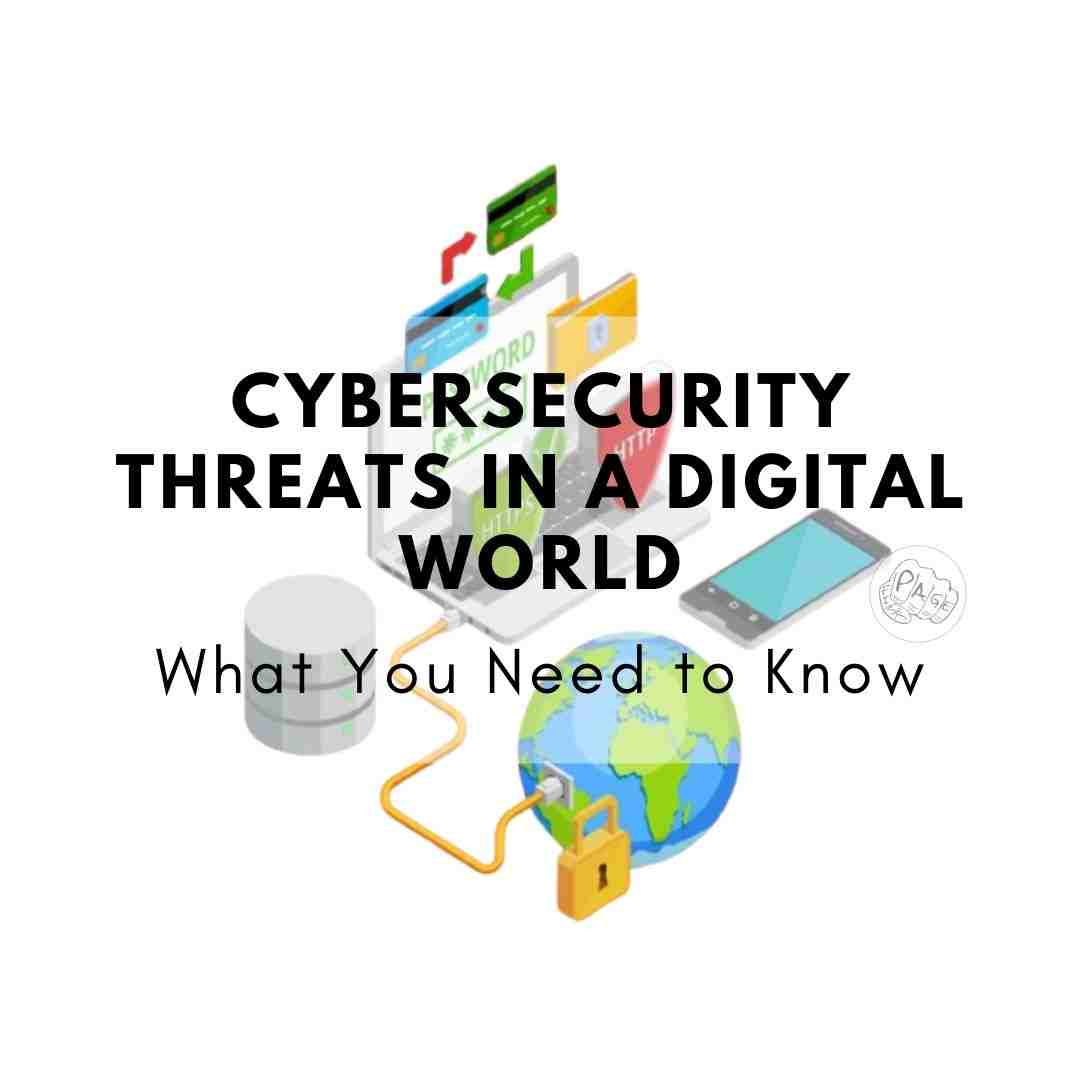Unleashing Guardians: The Rising Significance of Ethical Hacking and Bug Bounty Programs
Explore the pivotal role of ethical hacking and bug bounty programs in the realm of cybersecurity. Discover how these initiatives are transforming the way organizations identify vulnerabilities, prevent data breaches, and foster collaboration with security researchers. Learn about the benefits for both organizations and ethical hackers, and gain insights into the dynamic landscape of proactive digital defense. Join us as we delve into the world of ethical hacking, uncovering its significance in safeguarding our interconnected digital future.
In a digital age where cybersecurity concerns continue to mount, ethical hacking and bug bounty programs have emerged as essential tools in fortifying our virtual landscapes. These programs stand as beacons of collaboration, uniting security researchers and organizations in the shared pursuit of a safer online realm. In this article, we delve into the growing importance of ethical hacking and bug bounty initiatives, highlighting their role in identifying vulnerabilities before malicious actors can exploit them. Moreover, we uncover the myriad benefits these programs offer to both organizations and the dedicated security researchers who power them.
The Art of Ethical Hacking: Beyond the Shadows
Ethical hacking, often referred to as "white hat hacking," involves intentionally probing an organization's systems, networks, and applications to uncover vulnerabilities. Unlike their malicious counterparts, ethical hackers are driven by a noble cause: safeguarding digital ecosystems from potential threats. They delve into the minds of cybercriminals, thinking like them to anticipate and mitigate possible attacks. This proactive approach allows organizations to identify weaknesses before they can be weaponized, thus fortifying their defenses.
The Dawn of Bug Bounty Programs: A Collaborative Defense
Bug bounty programs elevate the ethical hacking ethos to new heights. These initiatives invite a diverse community of security researchers, known as "bug bounty hunters," to search for vulnerabilities within an organization's digital infrastructure. In exchange for their efforts, organizations offer monetary rewards, recognition, or both. This symbiotic relationship empowers researchers to channel their skills constructively, while organizations gain access to an expansive talent pool that can uncover vulnerabilities that may have gone unnoticed otherwise.
Benefits Galore: A Win-Win Partnership
The benefits of ethical hacking and bug bounty programs reverberate far and wide:
1. Swift Vulnerability Identification: Traditional security audits can be time-consuming and may overlook subtle vulnerabilities. Ethical hacking and bug bounty initiatives provide a dynamic, real-world testing environment, accelerating the identification of vulnerabilities.
2. Cost-Effective Security: Bug bounty programs offer a cost-effective solution to cybersecurity. Organizations pay only for identified vulnerabilities, reducing the overhead associated with continuous in-house testing.
3. Diverse Skillsets: The collective expertise of security researchers spans a multitude of domains. This diversity helps organizations gain insights from various perspectives, covering an extensive range of potential vulnerabilities.
4. Reputation Enhancement: Organizations that openly invite ethical hackers to uncover vulnerabilities display a commitment to security. This can enhance their reputation among customers and stakeholders, fostering trust and confidence.
5. Skill Development: For security researchers, bug bounty programs serve as invaluable learning grounds. The hands-on experience gained by identifying and reporting vulnerabilities contributes to their growth and expertise.
6. Stay Ahead of Threats: The cybersecurity landscape is in a constant state of evolution. By consistently engaging ethical hackers, organizations can stay one step ahead of emerging threats.
7. Mitigation of Data Breaches: By identifying vulnerabilities before malicious actors can exploit them, organizations can prevent potentially damaging data breaches and financial losses.
In conclusion, ethical hacking and bug bounty programs stand as dynamic bulwarks against the ever-evolving threat of cyber attacks. They embody the spirit of cooperation, transforming security researchers into allies rather than adversaries. Through this partnership, vulnerabilities are uncovered, weaknesses are shored up, and organizations fortify their digital fortresses. As we navigate an increasingly interconnected world, the importance of these programs only deepens, making them indispensable components of a resilient cybersecurity strategy.
So let us celebrate these modern guardians of the digital realm – the ethical hackers and bug bounty hunters – who tirelessly labor to ensure that the shadows cast by cyber threats are met with the unwavering light of vigilance, collaboration, and security.
Share This Post
Related Articles
Cybersecurity Threats in a Digital World: What You Need to Know
Discover the top cybersecurity threats in today's digital landscape and learn how to protect yourself and your data. Stay one step ahead of cybercriminals!
Cybersecurity Essentials: What Every Business Leader Must Know
Protecting your business in the digital age is crucial! Discover the cybersecurity essentials every leader should know for a secure and thriving enterprise.
The Dynamic Duo: AI and Humans in Cybersecurity
Explore the symbiotic relationship between artificial intelligence (AI) and human expertise in the ever-evolving landscape of cybersecurity. Learn how these digital defenders work together to fortify digital defenses and ensure comprehensive protection against digital threats.
Firewall Installation
Firewall installation is a crucial step in securing your network from unauthorized access and malicious attacks. A firewall is a software or hardware device that monitors and filters the incoming and outgoing traffic on your network based on predefined rules. Installing a firewall can help you protect your data, devices, and applications from hackers, viruses, worms, and other threats.
Unlocking the Potential of IoT: A Comprehensive Exploration
Dive into the world of IoT as we unravel its intricacies, significance, benefits, standards, security concerns, and evolution. Discover how IoT is reshaping our lives and businesses!
Related FAQ
No related FAQ.
Say Hello
To Your Dream





